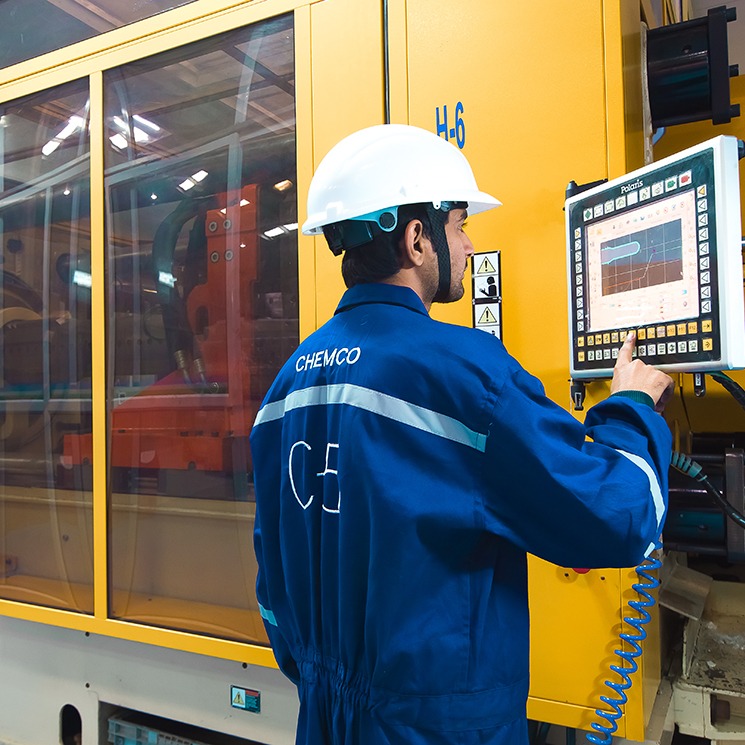Myth: PET Packaging is Only Suitable for Beverages
Fact: PET Packaging is Versatile and Adaptable
Welcome to Part 3 of our journey to uncover the truth about PET packaging. In our previous installments, we’ve already debunked myths surrounding PET’s environmental impact and durability. Now, let’s tackle another common misconception: that PET packaging is limited to beverages.
Myth: Many believe that PET packaging is primarily designed for holding beverages, and that’s where its usability ends.
Fact: PET packaging’s versatility knows no bounds, making it an ideal choice for a wide range of products and industries.
Fact 1: Beyond the Beverage Aisle
Myth: It’s true that PET bottles are a familiar sight in the beverage aisle of stores. However, the versatility of PET extends far beyond soda and water bottles. PET can be customized into various shapes and sizes, including jars, containers, and trays, making it a suitable choice for packaging cosmetics, food products, pharmaceuticals, and more.
Fact 2: Customization for Brand Identity
Myth: Some may assume that PET packaging lacks flexibility in terms of design. In reality, PET packaging can be customized with labels, colors, and designs that reflect your brand identity and create a unique and eye-catching look for your products.
Fact 3: Adapting to Industry Needs
Myth: Another myth is that PET packaging cannot meet specific industry requirements. However, PET can be tailored to suit the demands of various industries, ensuring that products remain safe and well-preserved during their journey to consumers.
Fact 4: Sustainability in Every Form
Myth: While some materials might be more versatile, they might not align with sustainability goals. PET packaging offers both versatility and sustainability, providing a packaging solution that meets modern standards of eco-consciousness.
Conclusion: PET Packaging – The Universal Choice
PET packaging’s adaptability and versatility are among its most notable strengths. Whether you’re a cosmetics brand looking for elegant containers or a food producer needing reliable packaging, PET can be tailored to meet your specific needs. It’s not just about protecting your products; it’s about showcasing them in the best possible light.
Discover the Possibilities with PET:
If you’re intrigued by the diverse possibilities that PET packaging offers, get in touch with us to explore how PET can elevate your product presentation and cater to your industry’s unique requirements.
Stay tuned for more myth-busting revelations in our ongoing series on PET packaging. In the next installment, we’ll tackle yet another myth and uncover more exciting facts about this incredible material




